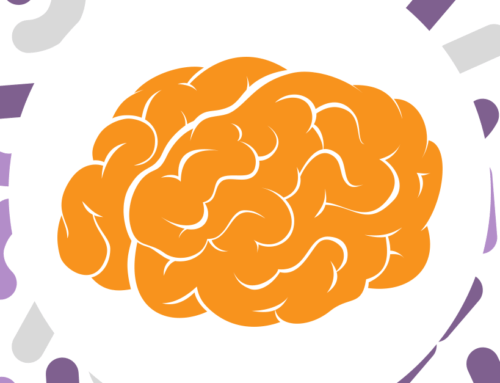How many times have you heard people talk about good genes and bad genes? Even as a physician, I have had my own physicians tell me that I probably have a higher risk of heart disease because of my family history and genetics. Is this entirely true? Well, yes and no.
We do carry added risk for certain conditions that are inherited in our genes. However, we have the option to exercise control over those genes. Really? We can control our genes? Yes!
Our genes and our DNA are definitely an important part of our health. However, this is not the only factor that we need to consider. Our gastrointestinal tract or digestive tract starts from our mouth and goes all the way to rectum. Within these pipes lies a vast amount of power. There are approximately 100 trillion microorganisms that live inside of our inner pipes (Singh M, Mullin G. Diet and Environmental Chemicals and the Gut Microbiome. In: Vom Saal F, Cohen A, editors. Integrative Environmental Medicine. Oxford University Press. 2017). These can include bacteria, fungi, yeast, and viruses. We affectionately call these guys our gut microbiome. This basically refers to the ecosystem that lives within our gut. Not only are these little bugs responsible for making vitamins for us and helping us digest our food, they help control the immune system since 70% of our immune systems lies within the gut! Even more fascinating is that at least 90% of the serotonin in our bodies is stored in the gut as well. When we think of antidepressants we often think of increasing the amount of serotonin in our brains but this is only partially true. We have a whole pharmacy of antidepressants sitting in our gut. We just have to know how to open the door to get access to all this free medicine!
Our DNA and our gut microbiome work together and are influenced by our environment, exposures, stress levels, and hormones. One of these elements alone is not enough to control or manipulate our health. It is my belief that the human body was designed this way on purpose. Almost like checks and balances within the government. When everything works together nicely, our everyday challenges are dealt with effectively and problems are solved. When a few things start to get out of balance, the entire system can get out of balance. And if we have some underlying risk for a particular condition that is hidden within our DNA blueprint, our body may push the button to activate that condition when we don’t want it to.
Don’t get too worried, just yet! Our health is not that scary. The beauty of the whole system is that even if we have already started to walk down the path of sickness, we can do our best to get off that path. More importantly, we can do things to keep on a path of wellness!
Dr. Elizabeth Blackburn was awarded the Nobel Prize for her groundbreaking work on telomeres, which are the caps at the end of our DNA that help keep the DNA intact (almost like the plastic tips of your shoelaces that help keep the shoelaces from fraying). It turns out that we have an enzyme called telomerase that helps keep these caps intact and can even make them longer. This is important because once the caps get too short and the DNA starts to “fall apart” so to speak, the cell that contains that DNA starts to become senescent or senile and does things that you don’t want it to do such as send false signals that can be confusing to the other cells in your body. When I heard that The Telomere Effect by Dr. Elizabeth Blackburn and Dr. Elissa Epel was coming out I made sure I got a copy because I was very interested to learn about what their research showed regarding how we can live longer and be healthier. Guess what? The very same things I have been educating patients about in my practice about gut health are also important for telomere and DNA health! These include eating a balanced diet full of antioxidants, phytonutrients, colorful vegetables and fruits; exercising; avoiding toxins; reducing stress; sleeping the right amount; and having fun building friendships and relationships with people and the environment. Personalized lifestyle interventions are the cornerstone of optimizing our health (https://www.ncbi.nlm.nih.gov/pubmed/23878520), not only because they are good for our DNA but because they are good for our gene expression, our gut microbiome, hormone balance, and our environment.
So next time someone tells you that your chronic illness is “all in your genes,” tell them and prove to them that they are not entirely correct. Your genes are not your destiny. We can change our environment (inside of our bodies and outside of our bodies) and harness the power of our beautifully intricate bodies to create positive changes in our health!


